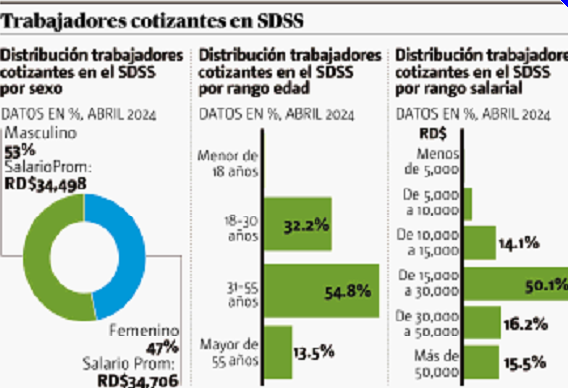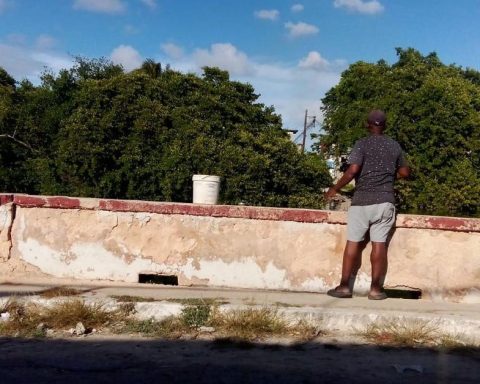Senate unanimously approved the extension of paternity leave which includes public and private workers
The bill was presented by the Colorado Roselló and the Blanco Jisdonian, and contemplates public and private workers.
The Senate approved on Tuesday the bill that plans to extend paternity leave in both the public and private sectors, which was presented by legislators María Eugenia Roselló (Colorado Party) and Pedro Jisdonian (National Party).
“This brand new law accompanies the cultural evolution regarding the change of the traditional paradigm that attributes the care of children mostly to the mother,” Roselló expressed on his X account.
In this way, the Colorado deputy assured that paternal leave “It not only encourages the modification of stereotypes, but also recognizes the father as the natural caregiver of his children.”
The coordinator of the Colorado bench in Deputies highlighted that “Uruguay is at the forefront in the region in terms of social security,” and stressed that the bill was approved unanimously that “is based on equality and non-discrimination.”
On May 24, the Labor and Social Security Legislation Committee of the Chamber of Deputies approved the Roselló and Jisdonian project.
According to Roselló, the vote on the initiative was unanimous. He also said that he sent the project to the Minister of Labor, Mario Arizti, who gave it “the go-ahead.”
Currently, paternity leave for men is 10 days. The bill approved last Thursday, 23rd, in the commission seeks to increase that amount to 14 days from the entry into force of the law and then to 17 days from January 1, 2026, in the case of dependent private employees.
For self-employed workers, meanwhile, leave will be increased to 17 days and then to 20 days, respectively.
The difference is due to the fact that dependent private workers, according to article 5 of law No. 18,345, have three days of paternity leave from the day of birth of the baby; in this way, all private workers would have 20 days of leave in the last instance.
In turn, according to the last article of the bill, the rule “will apply to births that occur from the day” of its entry into force, as well as those births “that have taken place before its entry into force, provided that the coverage of the subsidy for compensated inactivity due to paternity of the beneficiary has not yet ended.”


















